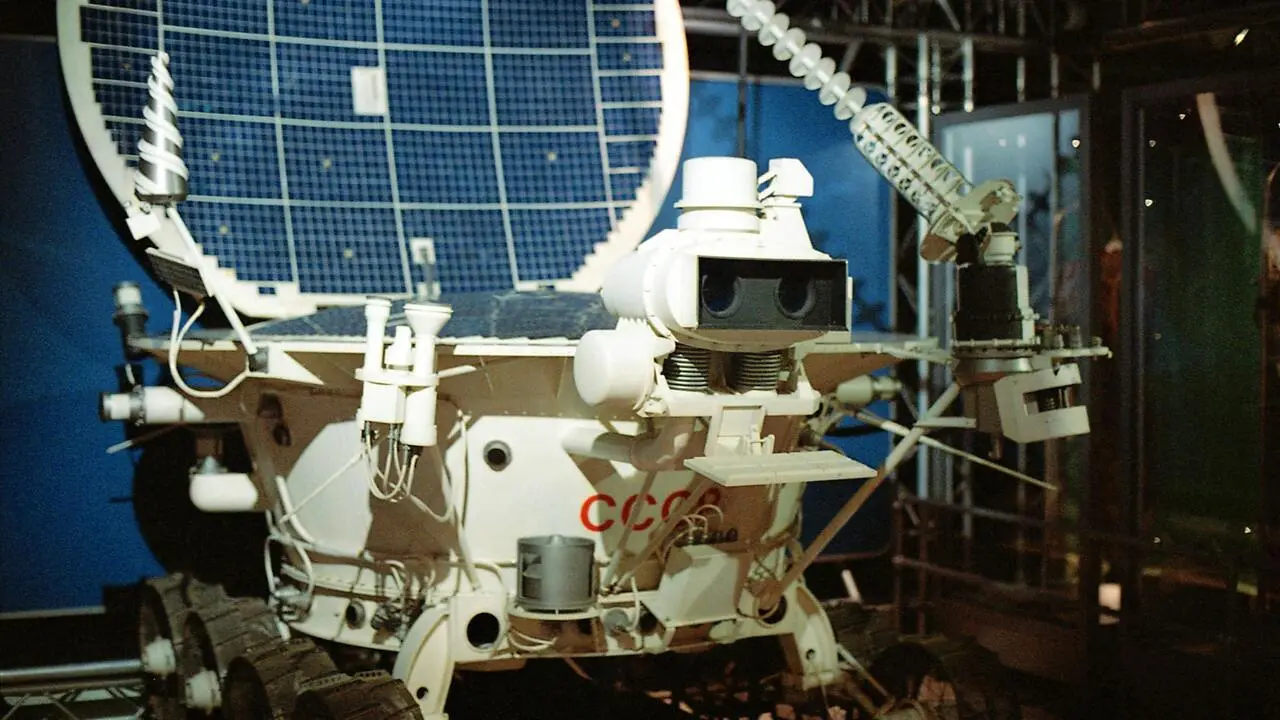The Lunar Polar Exploration Mission (LUPEX) is a groundbreaking project that represents a collaboration between the Indian Space Research Organization (ISRO) and the Japan Aerospace Exploration Agency (JAXA). Scheduled for launch in 2025, lunar polar exploration mission aims to explore the moon’s southern polar region. This mission mainly investigates the presence of water and other elements, potentially in surface ice. The launch of LUPEX aboard Japan’s H3 rocket signifies a significant milestone in lunar exploration, combining the strengths and expertise of both space agencies.
One of LUPEX’s primary objectives is to demonstrate and utilize innovative surface exploration technologies. This includes a particular focus on vehicular transport and the ability to survive the extreme conditions of lunar nights. JAXA is leading the development and operation of the rover, which is designed to traverse the lunar surface and collect critical data. Meanwhile, ISRO is responsible for developing and operating the lander to transport the rover to the moon. This division of responsibilities allows each agency to leverage its strengths and expertise to achieve the mission’s ambitious goals.

Read also: Family Claims Pune Porsche Crash Was Murder.
LUPEX’s mission is to collect and analyze samples from the moon’s surface using sophisticated observation equipment mounted on the rover. The detailed data from these samples will be crucial for understanding the moon’s composition. One of the mission’s key goals is to identify resources, such as water ice, which could be vital for supporting sustained human presence and further exploration on the moon. The ability to gather and utilize these resources could significantly impact future lunar missions and the broader goals of space exploration.
European Space Agency (ESA): The Main Mission is the Lunar Polar Exploration Mission
In addition to technological innovation, the Lunar Polar Exploration Mission strongly emphasizes international collaboration. The rover will carry instruments from ISRO and JAXA and scientific equipment from NASA and the European Space Agency (ESA). Including instruments from multiple space agencies highlights the global interest and cooperation in lunar exploration. Such collaborations are essential for pooling resources, knowledge, and expertise to achieve common goals and advance our understanding of the moon.
The international nature of the Lunar Polar Exploration mission underscores the importance of shared goals in space exploration. By working together, ISRO, JAXA, NASA, and ESA can achieve more than any single agency could alone. This mission exemplifies how global cooperation can lead to significant advancements in science and technology, paving the way for future collaborative projects. The combined efforts of these agencies are expected to result in groundbreaking discoveries and technological innovations.
The success of the Lunar polar exploration mission could set the stage for future lunar missions and potentially for a sustainable human presence on the moon. By demonstrating the ability to explore, survive, and utilize resources in the moon’s harsh environment, LUPEX aims to lay the groundwork for long-term lunar exploration. This mission will provide valuable insights and technological advancements that can be applied to future missions, including establishing lunar bases or conducting more extensive moon exploration.
Ultimately, the Lunar Polar exploration mission represents a significant step forward in our quest to explore and understand the moon. Through innovative technologies, international collaboration, and a focus on sustainability, this mission aims to unlock new knowledge about the moon’s polar regions and potential resources. The data and experience gained from LUPEX will be invaluable for future missions, helping to pave the way for human exploration and habitation of the moon and advancing our overall capabilities in space exploration.
LUPEX represents a significant step in our quest to explore and understand the moon. Through innovative technologies, international collaboration, and a focus on sustainability, this mission aims to unlock new knowledge about the moon’s polar regions and potential resources. The data and experience gained from LUPEX will be invaluable for future missions, helping to pave the way for human exploration and habitation of the moon and advancing our overall capabilities in space exploration. The success of the lunar polar exploration mission could set the stage for future lunar missions and potentially for a sustainable human presence on the moon.
To get more out of our exclusive news, Join us on our WhatsApp Channel, Facebook, and Instagram.















